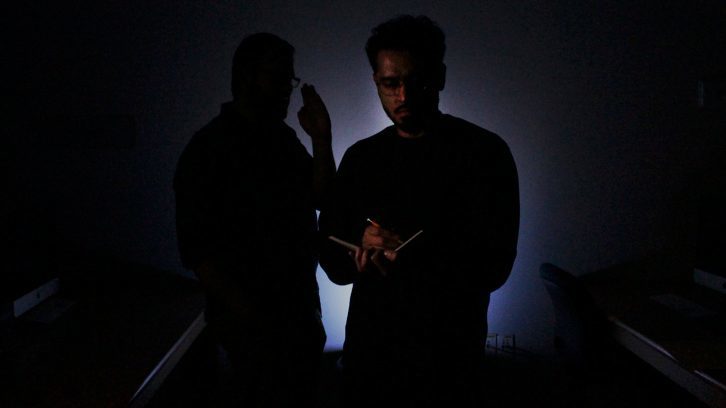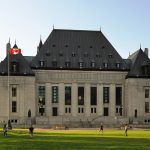Canada finally has a source protection law — is it enough?
The importance of press freedom can never be understated. For Canadian journalists, horrific headlines from across the globe of missing, murdered, or imprisoned reporters are sobering reminders of the privilege that we hold. Because our Constitution protects freedom of the press as a fundamental right, journalists are able to do their jobs without fear of persecution.
All things considered, press freedom in Canada is objectively good. But could it be better? In 2015 Reporters Without Borders, an international NGO that monitors global press freedom, ranked Canada eighth on its World Press Freedom Index. The following year, it fell to 22nd before rising, slightly, to 18th in 2017 and 2018.
In order to understand what caused the sudden drop, it’s important to grasp that press freedom is comprised of much more than simply permitting journalists to gather and report news.
In the past three years, several high-profile cases involving journalists and their sources have made headlines across the country, drawing sharp criticism from press freedom advocates.
In 2016 it was discovered that, in an attempt to identify secret sources, police had been tracking the phone activity of eight journalists in Quebec since 2008. Later that year, Vice News national security reporter Ben Makuch was ordered by the RCMP to hand over all of the information, notes and communications that he had on a source, to assist with a terrorism investigation.
In response to the scandal in Quebec parliament passed Bill S-231, the Journalistic Sources Protection Act, in October 2017. Unfortunately for Makuch the bill was too little, too late. Since the original order was made in 2015, the new law isn’t applicable in his case. On Nov. 30, 2018 the Supreme Court upheld the production order, ruling that Makuch must hand over the relevant notes to the RCMP.
Our editorial response to this morning's Supreme Court of Canada ruling. https://t.co/3ilDEmX9z5
— VICE Canada (@vicecanada) November 30, 2018
Following the ruling, Vice issued a statement calling it “dark day for press freedom,” noting that “the decision will no doubt have a chilling effect on both sources, who may be reluctant to talk to reporters, and on journalists themselves, who could be less inclined to report on sensitive issues.”
‘Chilling effect’
When authorities force a journalist to reveal a source’s identity, or to hand over information that the journalist has obtained, it makes potential sources more reluctant to come forward. In the legal world, this is known as the “chilling effect.” In the past, the courts have acknowledged that prying information from journalists is, in the bigger picture, harmful to democracy. When anonymous sources and whistleblowers share their stories with journalists, people who abuse power are held accountable.
“A lot of judicial ink has been spilled trying to define or explain what the chilling effect is in the context of these cases,” says Justin Safayeni, a Toronto-based media lawyer.
“But there’s another dimension to it,” he says. “Which is not sources not coming forward, but journalists being hampered in what they’re willing to report, what material they’re willing to use and hang on to. Because they’re concerned about what the implications may be for their sources.”
Continue reading this story on the Signal, where it was originally published.
Stacey Seward is a freelance writer with an interest in law and policy. She is a fourth-year student at the University of King’s College in Halifax, where she is working toward a combined honours degree in journalism and political science.


